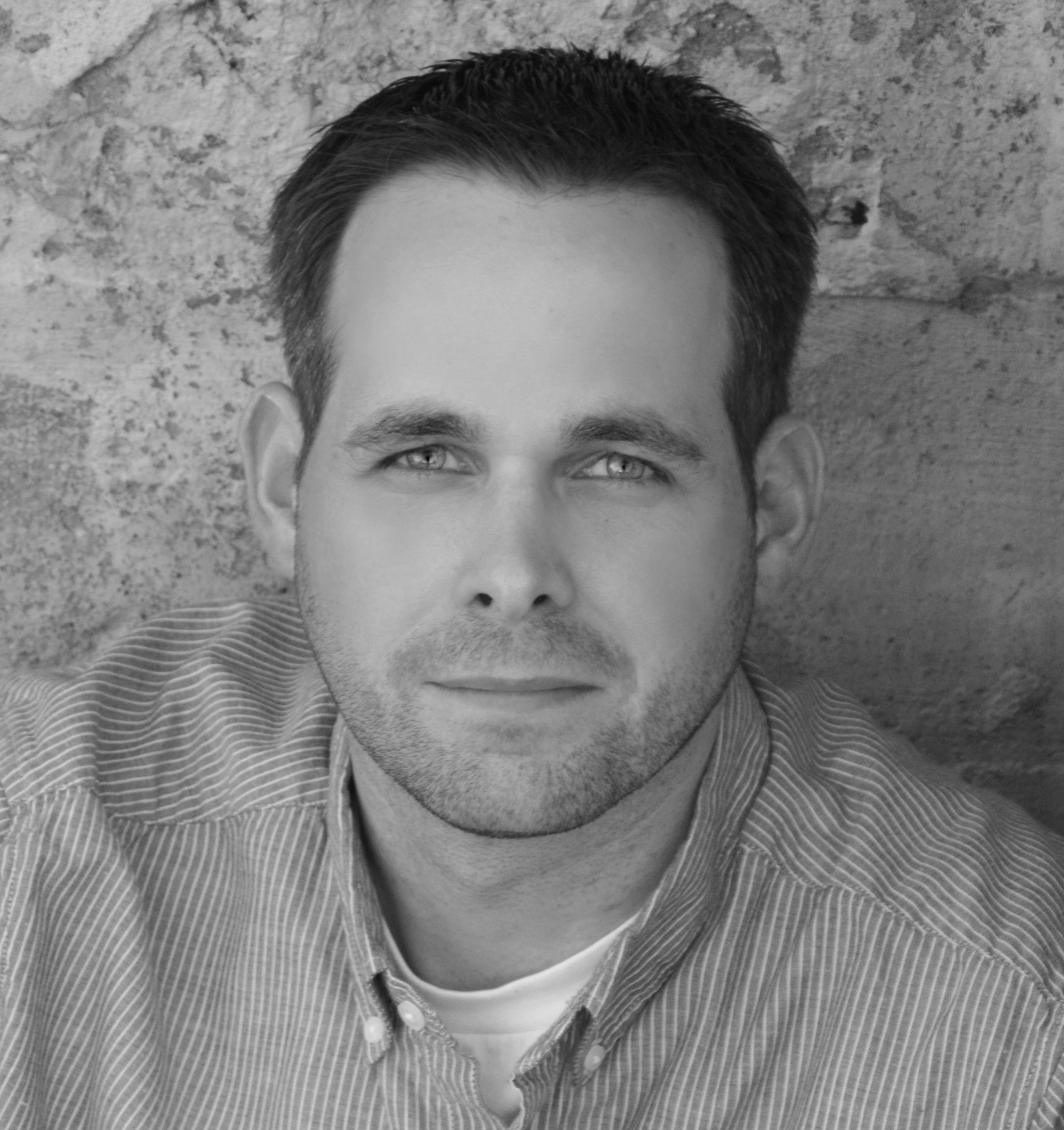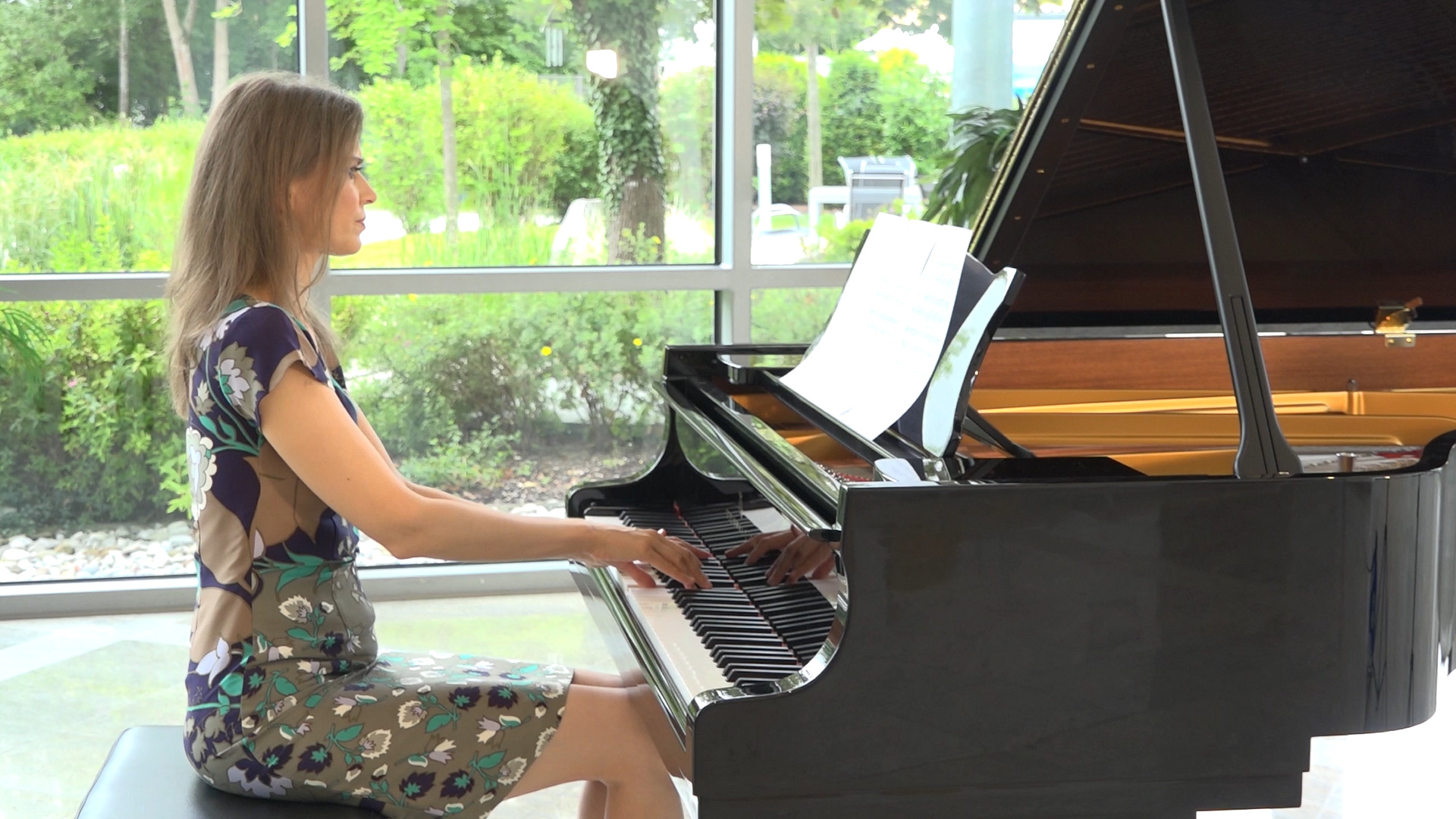About
Thad Fiscella's music is inspired by his life, family, and relationship with the Lord. His songs are simple, heartfelt expressions of personal convictions, raw emotions, and experiences throughout his life. Many people describe Fiscella's award winning music as inspiring instrumental music from the heart that is both peaceful and passionate, music that fits your life. Music styled around classical implementation, but very much juxtaposed with contemporary sounds and hints of jazz. Fiscella's music is created for peaceful relaxing, but to also draw listeners in by painting musical portraits and telling stories through beautiful and uplifting music. Fiscella's mission is to serve the Lord and to be His vessel, to see the gospel shared, and to see people's lives changed through the redemptive power of Jesus Christ. His passion is to use his gifts and talents to glorify the Lord, draw others to God, and help create an atmosphere that provides the listener with relaxing meditative music to unwind and relax from the stress of everyday life. Other than writing music, Fiscella's current focus in ministry is with Youth/College students and leading worship.
Musically, Fiscella is often compared to musical greats George Winston, Jim Brickman, Yiruma, and David Nevue. His songs often combine a unique rhythmic sense (particularly his use of rubato) with melodic simplicity and counterpoint. The fusion often produces a particularly delicate sound in the balance between melody and harmony, and rhythmically creates a soft and interesting harmonic feel, especially in his use of 12/8 time signature.
Originally from Ottumwa, Iowa, Fiscella currently resides in Missouri, and is married with three beautiful children. He has a bachelor’s degree in psychology with a minor in music. He has been writing and composing music from an early age, beginning with whistling and singing, and eventually writing music for piano and orchestra by age 12. Fiscella grew up listening and studying classical music, which typically resounds some way in his music. He studied piano, violin, guitar, and percussion throughout his school years, and is currently focused on the piano and digital instruments. Fiscella has been involved in ministry and ministry projects for 15+ years, including teaching, leading worship, and youth ministry. His passion is to serve the Lord in whatever capacity needed. Fiscella's original intention for composing and creating music was for background music, or for times of meditation or relaxation, especially for his three young children. His music is designed for a time of calm easy listening or events where background music is needed. Fiscella’s music has been played all over the world, in day cares, spa’s, retail stores, and business offices, for art shows, dinner parties, banquets, and weddings.

